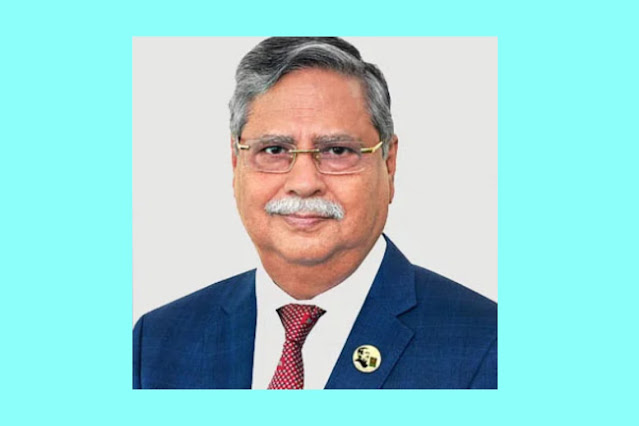Dhaka, October 21 – A political storm has erupted within Bangladesh’s interim government following remarks by President Md. Sahabuddin regarding former Prime Minister Sheikh Hasina’s resignation. The controversy began when the president stated in an interview that he had no official documentation of Hasina’s resignation, contradicting previous announcements and triggering backlash from government advisors and student leaders involved in the recent uprising.
The remarks, made during a conversation with Matiur Rahman Chowdhury, editor of Manabzamin, were published in the magazine Janatar Chokh on October 19. In the interview, Sahabuddin mentioned that although he heard about Sheikh Hasina’s resignation, he did not receive any formal resignation letter. This statement has drawn strong criticism from key figures within the interim government.
Asif Nazrul, the government’s legal advisor, described the president’s comments as “fabrications” and accused him of violating his oath of office. “The president himself confirmed on August 5 that Sheikh Hasina had submitted her resignation,” Nazrul told reporters. “Now, if he denies it, his eligibility to remain in office must be questioned by the advisory council.”
Adding to the tension, another government advisor, Asif Mahmud Sajib Bhuiyan, publicly criticized Hasina on social media, labeling her as a “tyrant” and claiming she fled to India during the public uprising that forced her government out of power.
Student Leaders Express Discontent
The controversy has also reignited tensions among student leaders who were instrumental in the protests that toppled the Hasina administration. Hasanat Abdullah, a student movement coordinator, rejected the narrative that Hasina’s resignation played a role in the transition. “She was overthrown by the people,” Abdullah declared on his verified Facebook page. Another leader, Sarzis Alam, suggested that the student community should take action if President Sahabuddin continues to deny receiving the resignation documents.
A Complex Constitutional Crisis
The situation has placed the interim government in a precarious position, with some advisors suggesting potential actions against the president. The absence of a functioning parliament complicates the process of impeachment, a power constitutionally reserved for the legislature. However, legal experts argue that the interim government could explore other avenues to address the issue.
Supreme Court lawyer Shahdeen Malik pointed out the lack of a parliamentary mechanism but hinted that the interim government might intervene. “The interim government has the responsibility to maintain stability, and it must act accordingly,” Malik said.
Calls for Resolution Amid Rising Tensions
In an attempt to ease tensions, the presidential office issued a statement urging all parties to avoid further controversy. “The matter of Sheikh Hasina’s resignation has already been resolved, and creating unnecessary debate risks destabilizing the interim government,” the statement read.
Despite the clarification, political uncertainty persists, with an upcoming meeting of the advisory council scheduled for later this week. Many expect that the president’s controversial remarks will dominate the discussions as the interim government grapples with a growing internal crisis.
The unfolding situation highlights the challenges faced by the interim administration as it seeks to manage political unrest and maintain order after the dramatic fall of the previous government.








